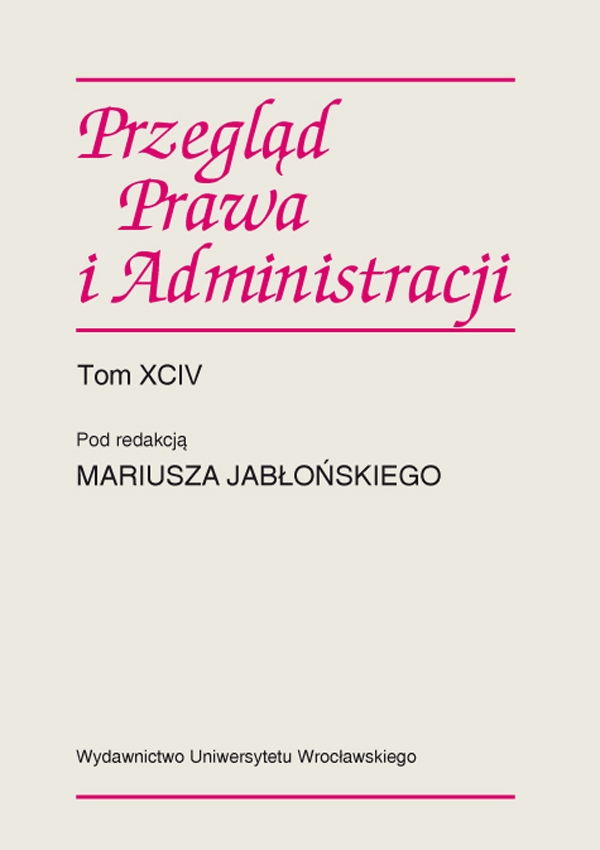

Artykuły archiwalne

PEACEFUL RESOLUTION OF INTERNATIONAL DISPUTES IN TWENTIETH-CENTURY CONCEPTS OF EUROPEAN UNITY
In the second half of the 20th century the idea of European unity became the remedy for the lack of security and future disputes — it ceased to be a mean and started to be the objective of continental operations. It became clear that there is no way for single countries to prevent threats to peace. A strong European federation was to be a shield against other military conflicts. The political interest in strengthening the cooperation was not only the defensive reaction to the memories of the previous wars but it was mostly the desire for peace. Peace became the main theme of all attempts of international cooperation and mutual economic-business relationships of certain European countries which were supposed to guarantee it. Therefore, in the last century there were numerous unifi cation projects, although discourses over the future Europe were not homogeneous. Because of extensiveness of the material I will present, in my opinion, the most important peace cooperation ideas of the 20th century — concepts by Richard Coudenhove-Kalergi, Aristide Briand, Józef Retinger, Winston Churchill, Konrad Adenauer, Robert Schuman, Jean Monet, Alcide de Gasperi, Charles de Gaulle, Franz Josef Strauss and Denis de Rougemont.